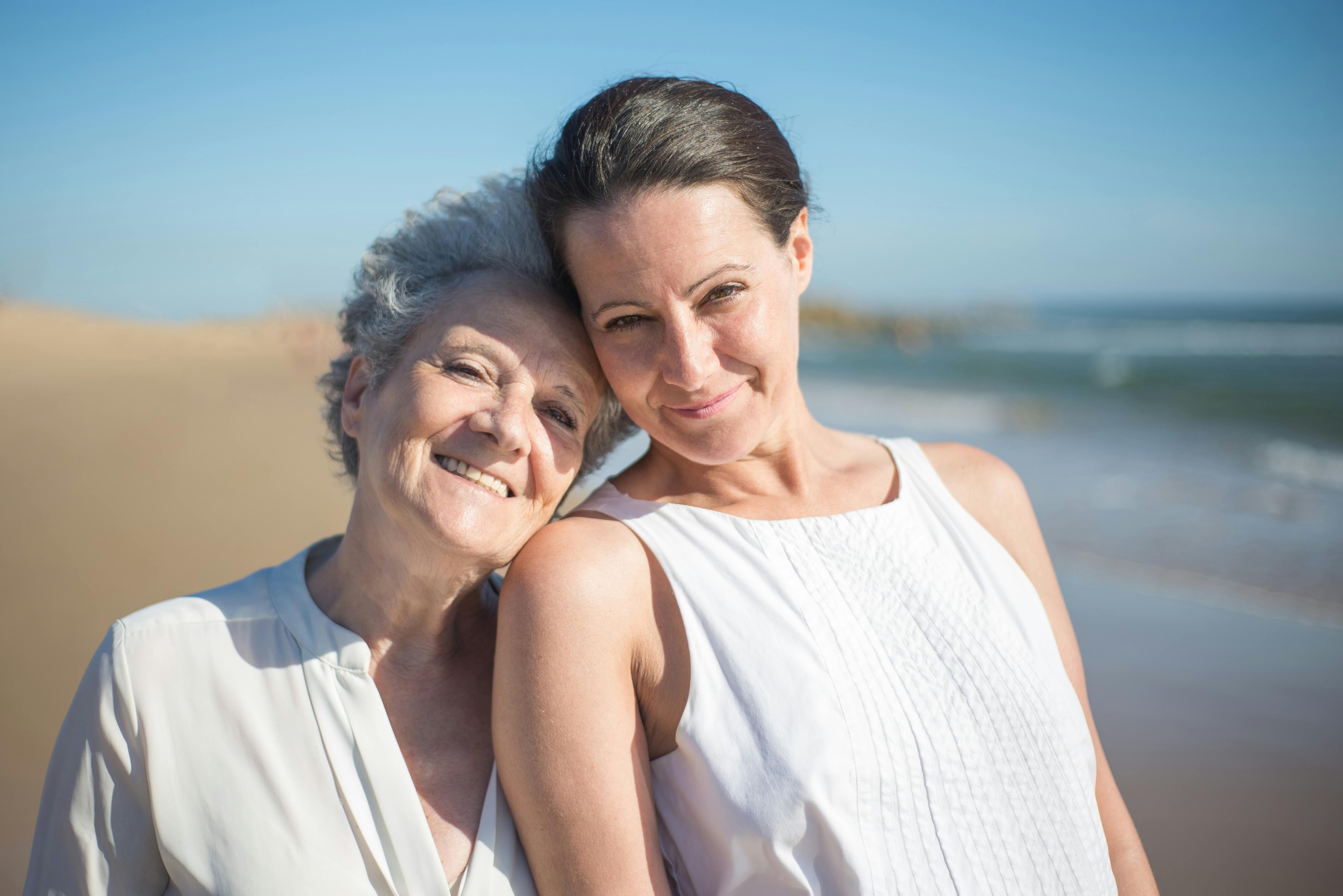What Is Residential Aged Care?
Residential aged care is a special type of housing and support for older people who can no longer live safely or comfortably in their own homes. These places are often called nursing homes or aged care homes, and they are designed to help people with everyday tasks like eating, bathing, getting dressed, and taking medicine.
It is not just a place to live — it is also a place where people are taken care of by trained staff who help them stay safe, healthy, and comfortable. Some people move into residential aged care for a short time, like after a hospital visit, while others may stay for a long time if they need regular support.
Who Needs Residential Aged Care?
People who usually move into residential aged care are seniors who have trouble doing things on their own. They might:
- Have trouble walking or moving around
- Forget things easily or have memory problems
- Feel lonely or unsafe living by themselves
- Need help taking medicine the right way
- Have health conditions that need regular car
.png)
Sometimes family members try to help first, but when the care gets too hard or too much, aged care homes become the best place for help.
What Happens in a Residential Aged Care Home?
In a residential aged care home, the main goal is to keep people comfortable, happy, and healthy. The staff makes sure everyone:
- Gets the right food and drinks
- Takes their medicine correctly
- Has help with getting dressed and cleaned up
- Feels included by joining in group activities
- Gets medical care if needed
.png)
Some homes have fun events, games, and even movie nights. It is not only about care — it is about helping people feel at home while staying safe.
Final Thoughts
Residential aged care is a safe and caring place for older people who need help with daily life. It is more than just a place to stay — it is where people are cared for with kindness, respect, and attention.
Let me know if you are ready for the next word!
Frequently Asked Questions
What is Residential Aged Care?
Residential aged care is a special type of housing and support for older people who can no longer live safely or comfortably in their own homes. These places, often called nursing homes or aged care homes, are designed to help people with everyday tasks like eating, bathing, getting dressed, and taking medicine, and are staffed by trained professionals.
Who typically moves into Residential Aged Care?
People who typically move into residential aged care are seniors who have trouble doing things on their own. This includes those who have trouble walking or moving around, forget things easily or have memory problems, feel lonely or unsafe living alone, need help taking medicine correctly, or have health conditions that require regular care.
What is the main goal and focus of a residential aged care home?
The main goal of a residential aged care home is to keep people comfortable, happy, and healthy. Staff ensure residents get the right food and drinks, take their medicine correctly, receive help with dressing and cleanup, feel included by joining group activities, and get medical care if needed. The focus is on both care and helping people feel at home while staying safe.

.png)
.png)




